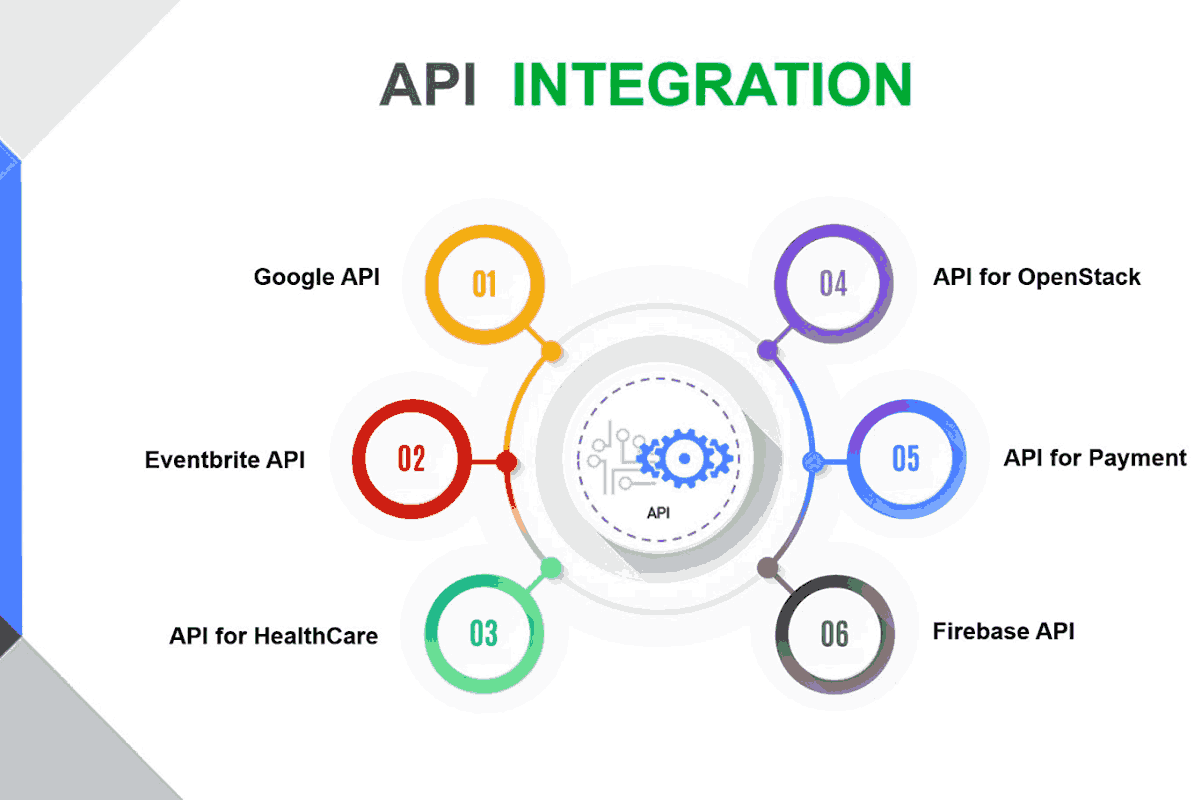
In 2025, three giants continue to lead the race: Amazon Web Services (AWS), Microsoft Azure, and Google Cloud Platform (GCP). Each offers a vast array of services, unique strengths, and growing user bases. This article provides an in-depth AWS vs Azure vs Google Cloud comparison 2025, helping you decide which provider fits your technical and business needs best.
Cloud Market Share and Growth
The global cloud market has grown exponentially in recent years, and this trend shows no signs of slowing down in 2025. According to industry reports:
-
AWS remains the market leader, known for its early start, extensive features, and large global infrastructure.
-
Azure holds second place, benefitting from seamless integration with Microsoft products and enterprise adoption.
-
Google Cloud is catching up rapidly, especially in data analytics, machine learning, and startup-friendly services.
In the context of AWS vs Azure vs Google Cloud comparison 2025, market dominance alone shouldn't determine your choice. Features, pricing, performance, and support are equally important.
Service Offerings and Features
Each platform offers hundreds of services across compute, storage, networking, AI/ML, IoT, DevOps, and more. Here's a quick breakdown of how they compare in key areas:
-
Compute:
-
AWS: Offers EC2 instances with wide OS support and auto-scaling capabilities.
-
Azure: Uses Virtual Machines with easy Windows integration.
-
Google Cloud: Features Compute Engine and excellent container support, especially for Kubernetes.
-
-
Storage:
-
AWS: S3 (Simple Storage Service) is widely trusted and extremely scalable.
-
Azure: Azure Blob Storage is ideal for structured and unstructured data.
-
Google Cloud: Cloud Storage is fast and cost-effective for backup and analytics.
-
-
Machine Learning and AI:
-
AWS: Offers SageMaker for building, training, and deploying models.
-
Azure: Includes Azure Machine Learning Studio with a user-friendly interface.
-
Google Cloud: Leads in this space with Vertex AI and deep integration with TensorFlow.
-
-
Hybrid and Multi-Cloud Support:
-
Azure is a leader here, offering Azure Arc for managing hybrid environments.
-
AWS has services like Outposts for on-premise hybrid support.
-
Google Cloud offers Anthos for multi-cloud deployments.
-
Each provider has its strengths, so the AWS vs Azure vs Google Cloud comparison 2025 often depends on specific business goals and workloads.
Pricing and Cost Structure
Cloud pricing is complex, with costs varying based on compute hours, storage, bandwidth, and services used. Here's a general overview:
-
AWS: Offers a pay-as-you-go model, with options for reserved instances to lower costs. Pricing calculators and cost-management tools are available, but managing billing can be overwhelming.
-
Azure: Similar to AWS, Azure also offers tiered pricing and hybrid benefits for Windows Server and SQL Server licenses.
-
Google Cloud: Known for offering some of the most competitive rates, especially for sustained use. Their billing system is often praised for its simplicity.
While exact prices may change frequently, in the AWS vs Azure vs Google Cloud comparison 2025, Google Cloud is often the most budget-friendly, while AWS and Azure provide value through their extensive service options and integrations.
Performance and Global Reach
All three platforms have global data centers, ensuring low-latency and high availability.
-
AWS: Leads in number of regions and availability zones, which makes it ideal for global applications and disaster recovery setups.
-
Azure: Has a strong presence, especially in North America, Europe, and Asia, and benefits enterprises using other Microsoft services.
-
Google Cloud: While not as widespread as AWS, its network performance is top-tier, powered by Google's private global fiber network.
When it comes to global distribution and redundancy, AWS typically wins. However, in terms of network efficiency and speed, Google Cloud is highly competitive.
Security and Compliance
All three cloud providers invest heavily in security, compliance, and certifications. They provide:
-
Data encryption at rest and in transit
-
Identity and access management
-
Compliance with standards like ISO, GDPR, HIPAA, and more
Azure often appeals to government and enterprise clients for its compliance-ready offerings. AWS provides in-depth documentation and tools, while Google Cloud has made impressive strides in secure computing and zero-trust architecture.
In the AWS vs Azure vs Google Cloud comparison 2025, security is no longer a differentiator — all three are highly secure when configured properly.
Which Cloud Platform Should You Choose?
Your ideal cloud provider depends on several factors:
-
Choose AWS if you need extensive service offerings, global reach, and mature enterprise tools.
-
Choose Azure if you rely heavily on Microsoft products or want a strong hybrid cloud strategy.
-
Choose Google Cloud if you're focused on big data, AI, or want competitive pricing with a user-friendly experience.
The AWS vs Azure vs Google Cloud comparison 2025 isn't about picking a “winner”—it's about aligning the strengths of each platform with your goals.
Final Thoughts
The cloud wars of 2025 are not about who has more services or market share but about who can provide better value, innovation, and support. Whether you’re a startup building your first app, or a large enterprise migrating legacy systems, taking time to evaluate the differences can save you money, time, and stress.
Ultimately, in the AWS vs Azure vs Google Cloud comparison 2025, the right choice is the one that best matches your team’s needs, technical expertise, and long-term vision.
Keywords:
- AWS vs Azure vs Google Cloud comparison 2025











Leave a comment